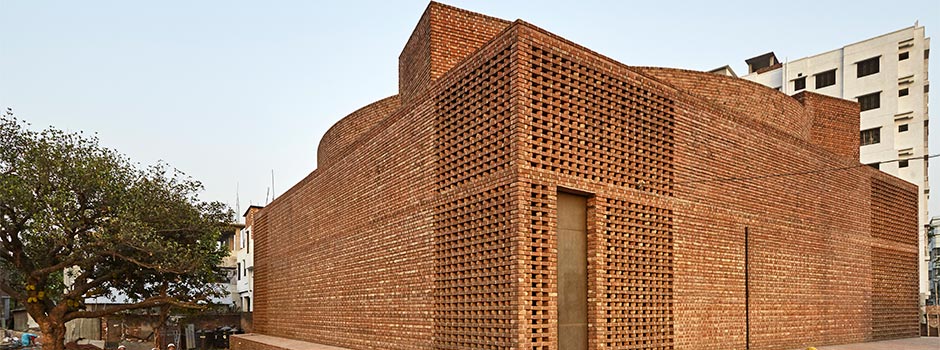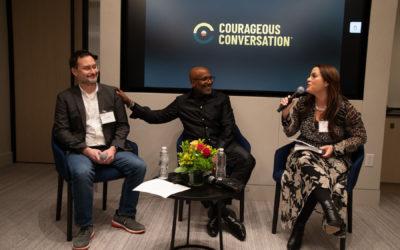Oct 23, 2016
The winners of the Aga Khan Award for Architecture have been announced earlier this month in a ceremony in Al Ain, Abu Dhabi. His Excellency Awaidha Murshed Al Marar, Chairman of Department of Municipal Affairs and Transport of the United Arab Emirates announced that the venue for the winners’ ceremony will be the Al Jahili fort in Al Ain. The prize, which is given every three years, is considered to be one of the most important awards in the field. It was established by the Aga Khan in 1977 to identify and encourage building concepts that successfully addressed the needs and aspirations of communities in which Muslims have a significant presence.
During 2016, an independent Master Jury selected a shortlist of 19 projects, which was announced on 9 May 2016, from among 348 nominations. Each of the shortlisted projects was rigorously investigated by architects, conservation specialists or structural engineers. Their reports are the basis for the Master Jury’s selection of the eventual winners.
The winners are:
BANGLADESH
Bait Ur Rouf Mosque, Dhaka (Architect: Marina Tabassum) – A refuge for spirituality in urban Dhaka, selected for its beautiful use of natural light
Friendship Centre, Gaibandha (Architect: Kashef Mahboob Chowdhury/URBANA) – A community centre which makes a virtue of an area susceptible to flooding in rural Bangladesh
CHINA
Cha’er Hutong Children’s Library and Art Centre, Beijing (Architect: ZAO / standardarchitecture / Zhang Ke) – A children’s library selected for its embodiment of contemporary life in the traditional courtyard residences of Beijing’s Hutongs
DENMARK
Superkilen, Copenhagen (Architect: BIG- Bjarke Ingels Group, Topotek 1 and Superflex) – A public space promoting integration across lines of ethnicity, religion and culture
IRAN
Tabiat Pedestrian Bridge, Tehran (Architect: Diba Tensile Architecture / Leila Araghian, Alireza Behzadi) – A multi-level bridge spanning a busy motorway has created a dynamic new urban space
LEBANON
Issam Fares Institute, Beirut (Architect: Zaha Hadid Architects) – A new building for the American University of Beirut’s campus, radical in composition but respectful of its traditional context
Read more at Islamic Arts Magazine.




